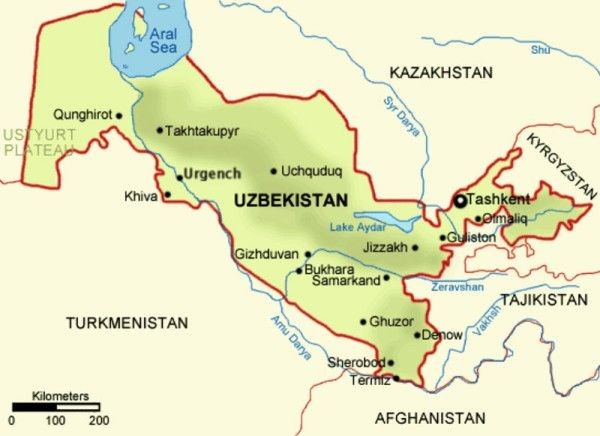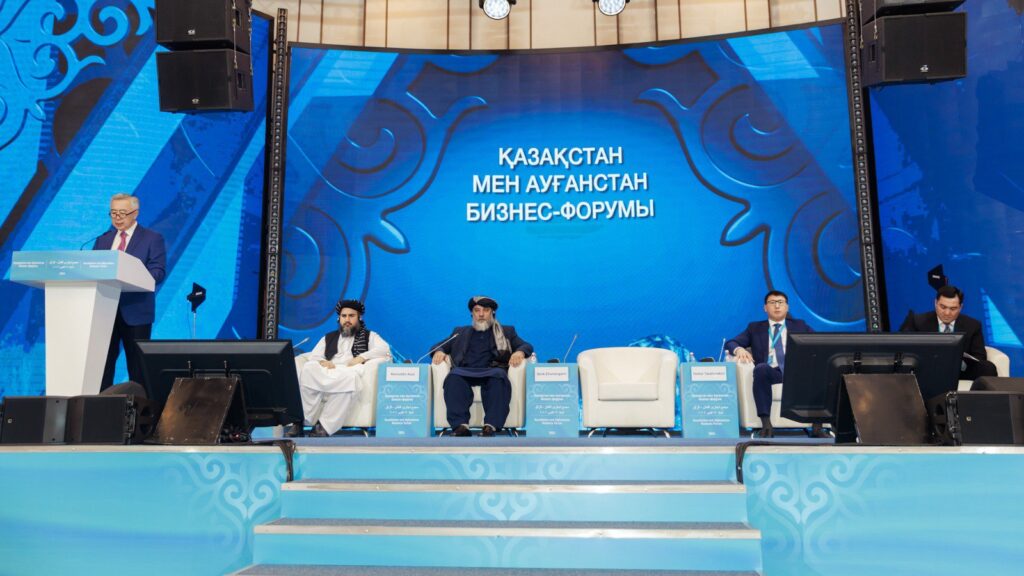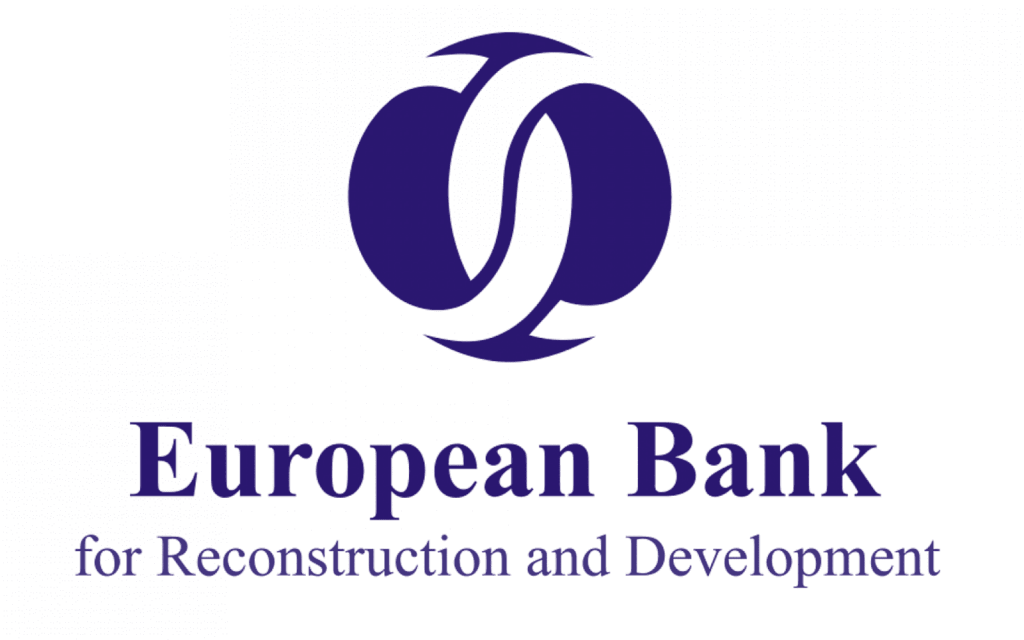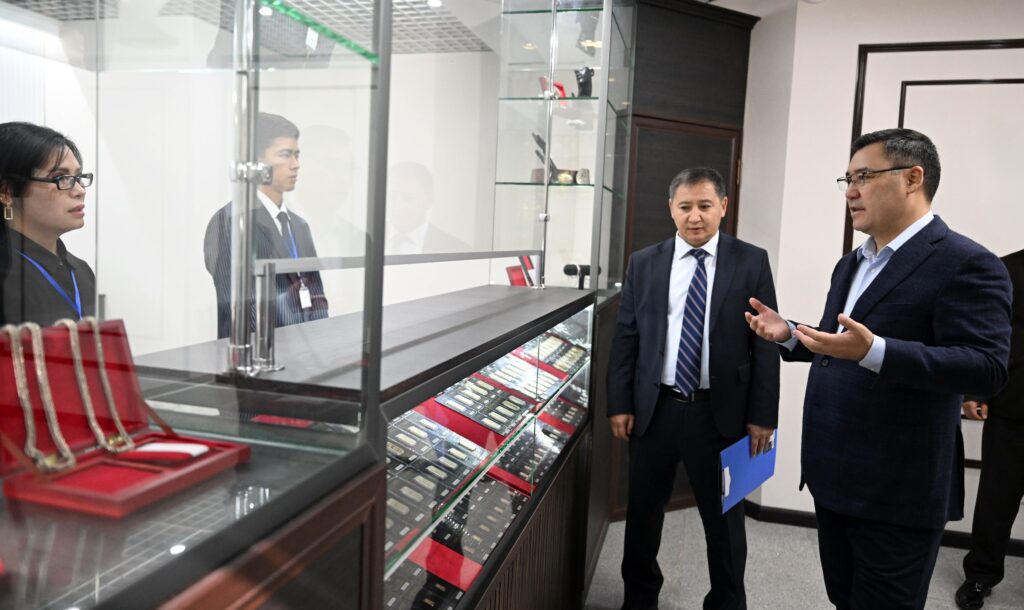TASHKENT (TCA) — Uzbekistan undertook five business reforms in the past year, earning the country a spot in the top 10 global improvers for a third time, says the World Bank Group’s latest Doing Business 2018: Reforming to Create Jobs report.
Having been named a top improver previously in 2015 and 2012, Uzbekistan has continued its strong reform agenda. With its five business reforms during the past year, the country carried out the most reforms in the Europe and Central Asia region. As a result, it moves up to 74th place in this year’s ease of doing business global rankings.
“Uzbekistan has much to celebrate this year as the Government has taken decisive steps forward in its reform agenda. The World Bank commends the Government’s efforts to improve the overall business and investment climate in the country. As the reform momentum continues, it will be important to focus on areas where entrepreneurs still face difficulties,” said Lilia Burunciuc, the World Bank Regional Director for Central Asia, at the official presentation of the report in Tashkent on November 1.
The improvements of the past year were adopted in the following five areas: Starting a Business, Dealing with Construction Permits, Protecting Minority Investors, Paying Taxes and Getting Electricity. Details of the implemented reforms are:
– Starting a business was made easier by rolling out a new platform for business registration, reducing the number of procedures from four to three.
– The process for obtaining an electricity connection was streamlined by introducing a turnkey service at the utility that fulfills all connection-related services, including the design and completion of the external connection. With this reform, Uzbekistan has significantly reduced the cost for an entrepreneur to connect to the electricity grid from 1232 percent of the income per capita to 883 percent. On the Getting Electricity indicator, Uzbekistan moves up 59 places to a global ranking of 27.
– Uzbekistan strengthened minority investor protections by increasing corporate transparency requirements.
– Paying Taxes was made easier and less costly by introducing an electronic system. As a result, the number of payments have been reduced from 58 to 10 and the time taken to prepare, file and pay the taxes from 202 to 181 hours. However, increases in land tax rates made paying taxes more costly.
– Uzbekistan made dealing with construction permits easier by streamlining the process of obtaining approvals of land plot allocations from various agencies.
Marking its 15th anniversary, the Doing Business report notes that Uzbekistan has implemented 32 business reforms over the past 15 years. More than two-thirds of these reforms have been implemented in the last six years. The majority of these reforms were implemented in the areas of Starting a Business and Paying Taxes (six each), and Getting Credit and Registering Property (four each).
Starting a Business is an area where Uzbekistan performs best, with a global ranking of 11. Over the years, reforms in this area have included abolishing the paid-in minimum capital requirement and eliminating the requirement for substantive review at the registry. The requirements to start a new business have also been significantly reduced from 10 procedures, 28 days and just over 14 percent of income per capita 15 years ago, to three procedures, five days and 3 percent of the income per capita today.
In the area of Paying Taxes, reforms have included the adoption of a new tax code that combines corporate income tax provisions and the elimination of some small taxes, as well as the reduction of the unified social payment rate paid by employers and the corporate income tax rate. As a result, the number of payments required to comply with tax requirements have been significantly reduced from 70 five years ago to 10 now, which surpasses the average of 11 payments in OECD high-income economies.
However, Uzbekistan underperforms in the areas of Trading Across Borders and Dealing with Construction Permits. Despite this year’s reform that made dealing with construction permits easier, it still takes 17 different procedures and 246 days to obtain the building permits for a warehouse, compared to 12.5 procedures and 154.5 days on average in the OECD high-income area.
In Trading Across Borders, the cost of $292 for complying with the documentary requirements when exporting and importing is significantly higher than the average across OECD high-income economies, where it costs $35 to comply with export documentary requirements and $25 for imports.









